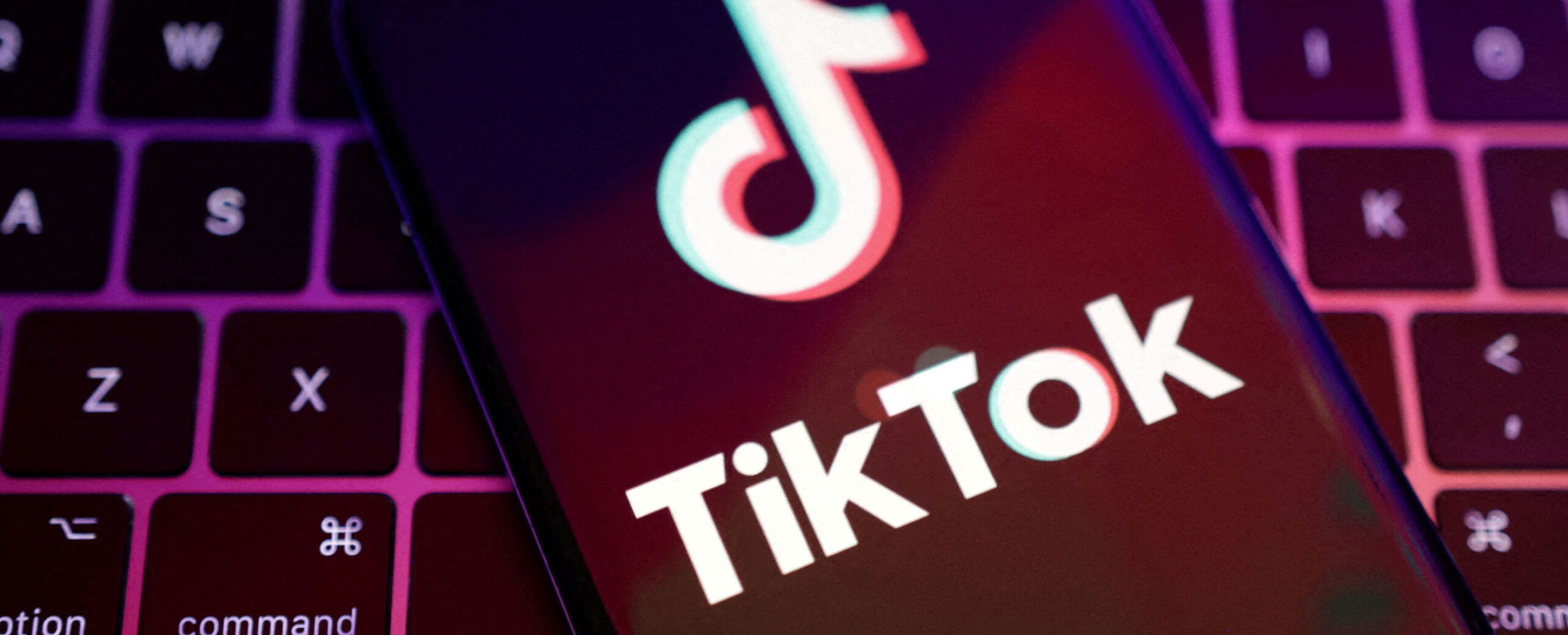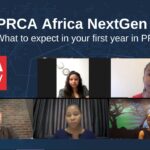Exploring TikTok as an effective tool for nation branding!
By THOP Think Tank
TikTok is a platform that needs no introduction. After the lockdown in 2020, TikTok became one of the most used social media platforms, and its growth remains exponential worldwide. TikTok is currently a short-form, video-sharing app that allows users to create and share creative content with a broader community of individuals.
Content varies from mathematical equations to comedy, lip-sync and dance challenges, movie reviews, and technological hacks, but the underlying theme is that the posts are quirky and fun. At first glance, TikTok seems to be a fun and playful platform for the younger audience. Still, with its availability in 150 countries, 1.2 billion active users monthly and an estimated 2.6 billion downloads worldwide, as documented in a report by Sensor Tower (2020), the platform has become so much more.
Unlike its counterparts, TikTok is not a passing trend; it hosts and shapes the communication of an entire generation in how content is created, thus creating its own community. TikTok has become an engaging communication channel for various businesses and brands, and travel topics have become the most popular. For PR professionals, this practically opens up an opportunity to adopt TikTok as a strategic tool to aid nation branding.
In 2019, this burgeoning platform launched a #TikTokTravel campaign to inspire and encourage users to share content from their holidays worldwide. This innovative idea sparked users’ attention and several tourism boards worldwide, who eventually joined the conversation using specialized hashtags. How does Africa fit into these conversations?
Africa is the world’s second-largest continent with the rarest wildlife and a rich tapestry of historical and cultural interest. For a clearer perspective, Seychelles hosts 115 islands in the Indian Ocean. Sierra Leone is the home of diamonds. Cote D’Ivoire is rich in the production of Cocoa. Kenya hosts Africa’s most prominent tech hubs. Nigeria is known for its music domination globally. There is more to Africa, yet, these are not the top headlines across international news platforms.
For decades, there has been and continues to be a growing pessimistic view of Africa as a continent rife with poverty and violence, leaving those who are ignorant with limited information. Overall, there is a massive gap between these foreign countries’ perceptions and the reality that the countries within Africa offer. Some countries like South Africa, Egypt and Kenya have made significant efforts toward reshaping this perception by launching a national campaign to promote their wealth of resources and culture using tourism.
With a platform like TikTok overtaking Google in becoming the primary search tool for information and maintaining its lead on engaging a larger audience in ways that are both fun, educating and creative, how do PR professionals leverage this platform to inform the world about Africa and close the perception-reality gap that it currently suffers;
Africa inspires positive long-term economic prospects through technological growth, high demand for infrastructure, and rapid urbanisation.
- Leverage local talents: Entertainment has always been an excellent avenue to garner attention and educate people about the African culture globally. Last year, Nigerian artist, Ckay grabbed the attention of millions worldwide with the remix of his song – Love Nwantiti. On TikTok, over 3 million videos were created under that sound. This story is significant because Ckay used a mix of two local dialects – Igbo and Pidgin English – in his song, and people had to learn the lyrics to create their covers. This illustration captures the immense power of a platform like TikTok.
As PR professionals, we should begin to involve our local talent resource (music artists, actors, dancers, and content creators) as a collective when launching tourism projects. We must leverage their success stories as a small but significant part of a larger move to reshape the negative perception of Africans.
- Be a Long-term Visionary: Africa is wealthy in resources, creativity, culture and people. Countries must start telling powerful and authentic stories to scale their economic growth using memorable hashtags. For long-term sustenance, a strategic goal must inform the kind of stories we share with the world.
In 2018, Ghana launched its campaign – Year of Return, an initiative by the Akufo-Addo government, focused on encouraging African diasporans to come to Ghana to settle and invest in the continent. This move was said to have raked 1.9 billion dollars into Ghana’s economy.
In 2021, TikTok finally became a part of the campaign, with #YearOfReturn gaining over 8.1 million views with various content. It could only be a matter of time before the numbers scale up, like in the case of Dubai’s #MyDubai which has 3.6 billion views and #ThisisDubai, which has garnered 109.6 million views.
As experts in reputation management, we must begin to create trends that promote our identity and transcends our continent. Most importantly, these trends should not be a case of luck; they must be a carefully curated strategic plan driven by a single-minded purpose.
- Become a Content PowerHouse: The fantastic thing about TikTok is its ability to tell stories in many creative expressions. From transition videos to fashion to quick facts to face and voice modification, there are many resources on the app to enhance storytelling. Any great content is an opportunity to showcase interesting and exciting things about your country. As experts, you should learn to create flexible content that can be disseminated in various formats. You could map out all the country’s strengths and turn them into fashion-themed content. For instance, if you wanted to convey the famous “Seven-coloured earth” of Mauritius, you could have an influential personality do a fashion transition video showcasing how the tourist attraction could inspire your wardrobe when packing for a vacation.
Another idea is to create a duet trend teaching tourists how to navigate their way around the country while speaking the local dialect. A quick tip is that users already create these kinds of content. They have created a country hashtag to promote their identity as citizens. As a professional, you must implement a funnel system to curate the ones that get the most engagement and turn them into more prominent trends. Most importantly, never run out of content.
- Re-ignite the Spirit of Collaboration: Taking over TikTok to drive purposeful engagement is not a job for one person. A community powers the platform; therefore, a significant project such as managing a nation’s brand takes a collective effort from professionals to government agencies, the citizens and even TikTok itself to achieve this feat.
Following the success of its first collaboration with TikTok, which garnered over 70 million views, the Department of Tourism (DoT) in the Philippines engaged in a second collaboration to launch a campaign that celebrates the beauty of the country’s islands through the hashtag – #GandaMoPinas.
Also, the DoT shortlisted nine creators from different regions around the country in 2021. Their primary task was to promote their provinces through TikTok Live. They were able to highlight the natural landscape, top tourist spots and activities and increase engagement on the department’s official TikTok account.
This example showcases how collaboration only makes the campaign more powerful and far-reaching, creating not just a brand for the country but a strong personality and following.
The world is soon experiencing another paradigm shift in communication, and the possibilities remain endless. To conclude, nation branding can only be successful if all citizens are involved in the process, irrespective of how they communicate.
PR experts must learn to be innovative in adopting new technologies and platforms to drive effective communication, irrespective of who is championing the conversation. One might ask what a platform like TikTok, seemingly known to distract youths from engaging in serious discussions, have to do with historical milestones like enhancing the reputation of countries. The answer is in the people.
Experts must constantly remember that your target audience will always determine the preferred communication channels you leverage to drive your narrative. We must understand that the goal of communication is incomplete if the message is not clearly understood. Our primary responsibility is to break down seemingly complex terminologies and situations into simple narratives that even the target audience can relate to and adopt.




